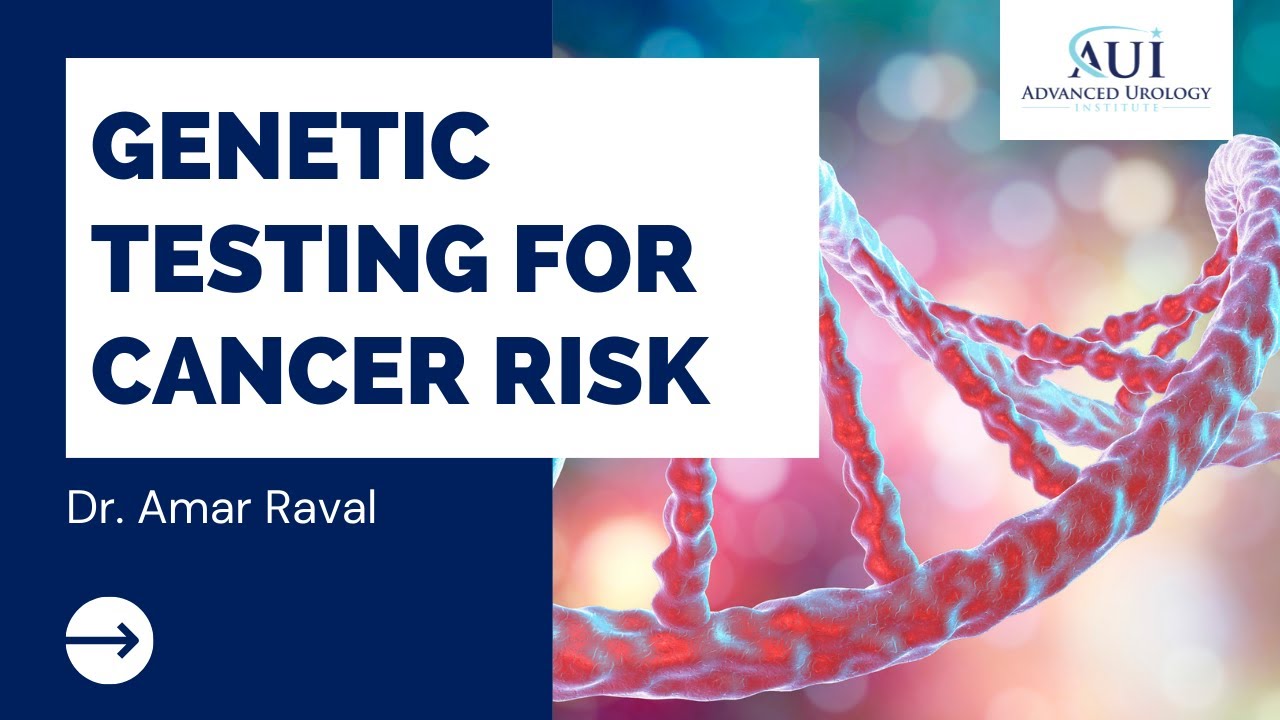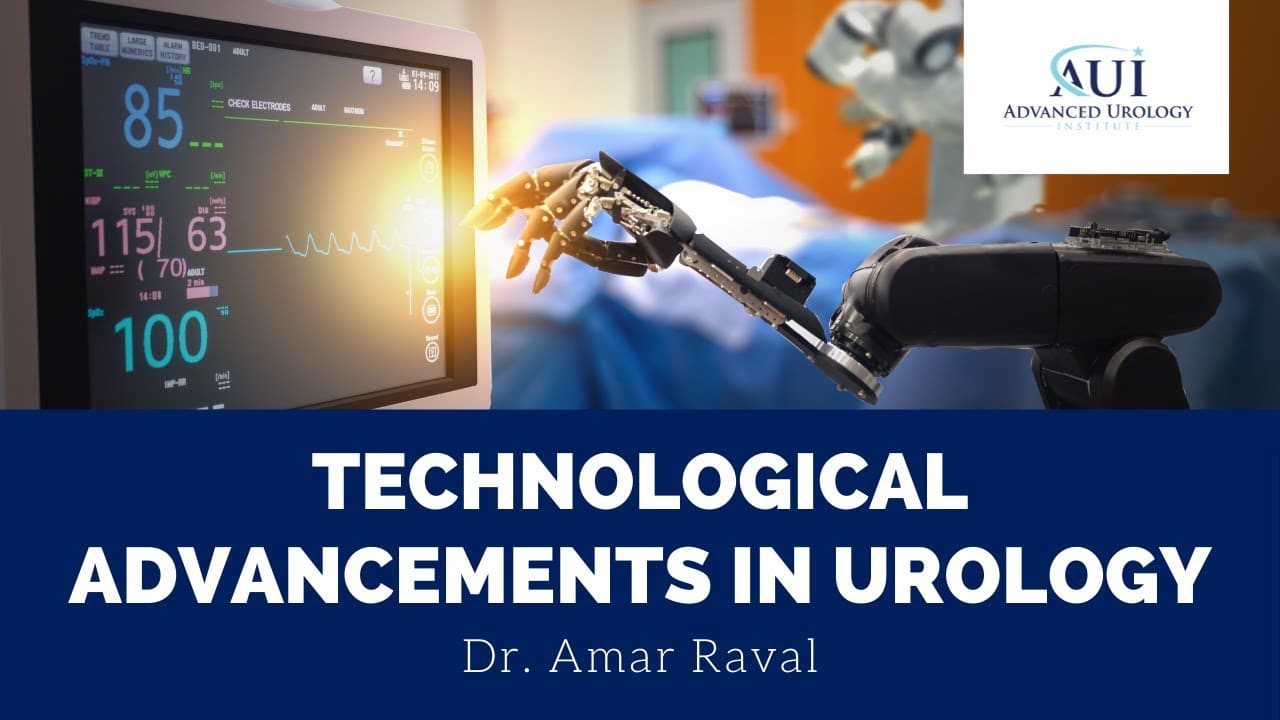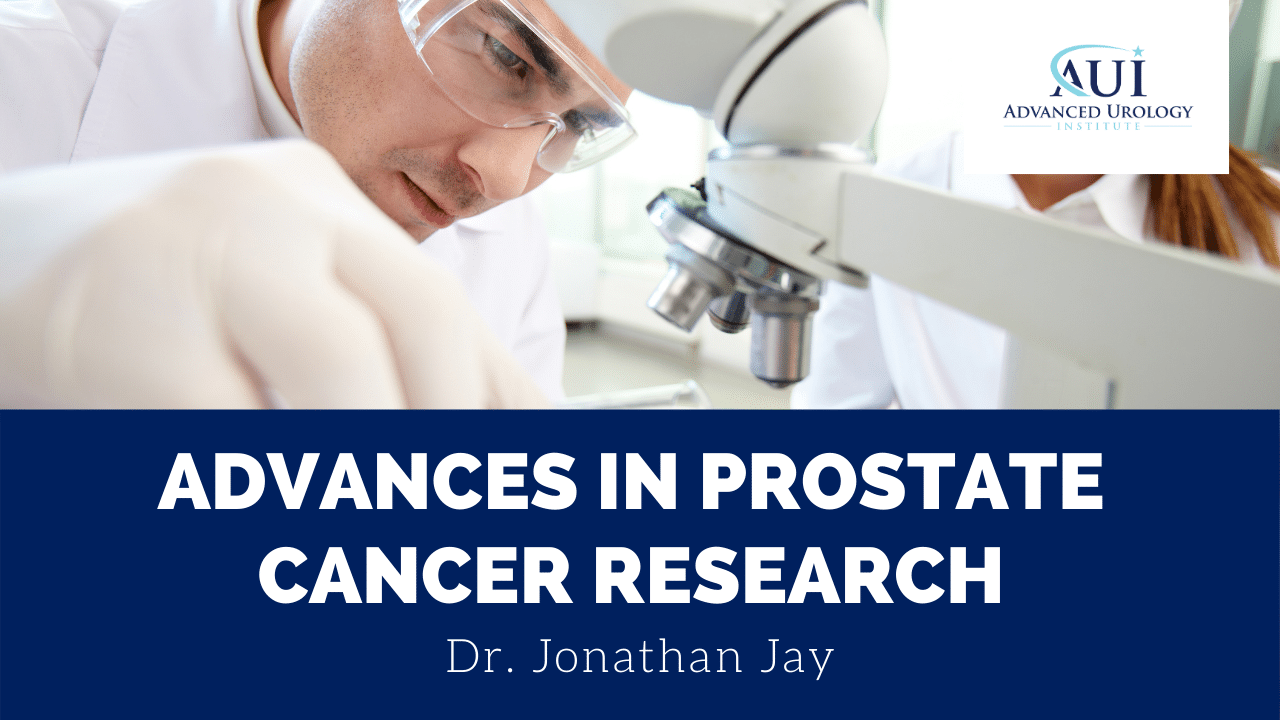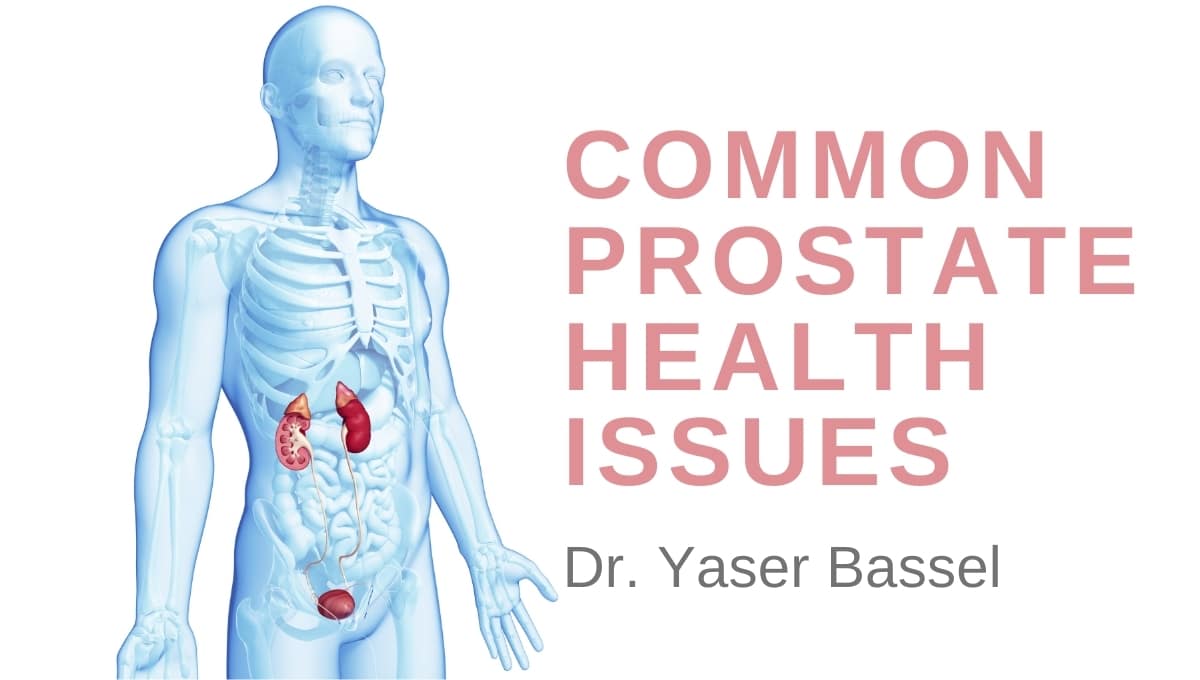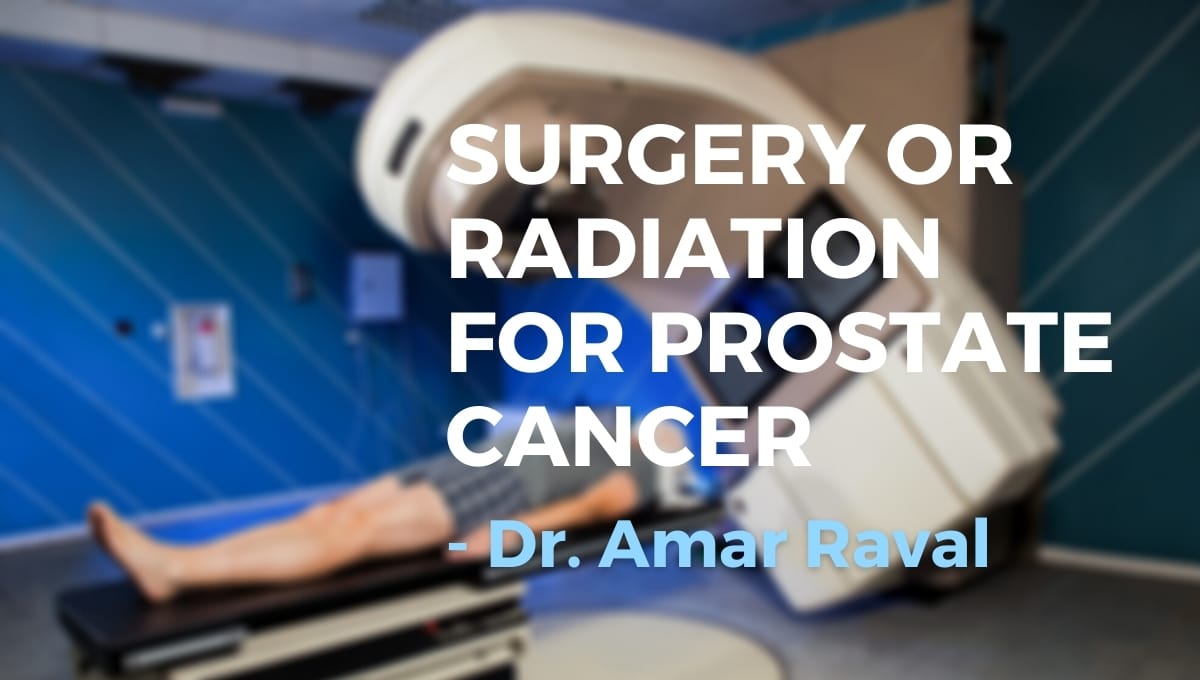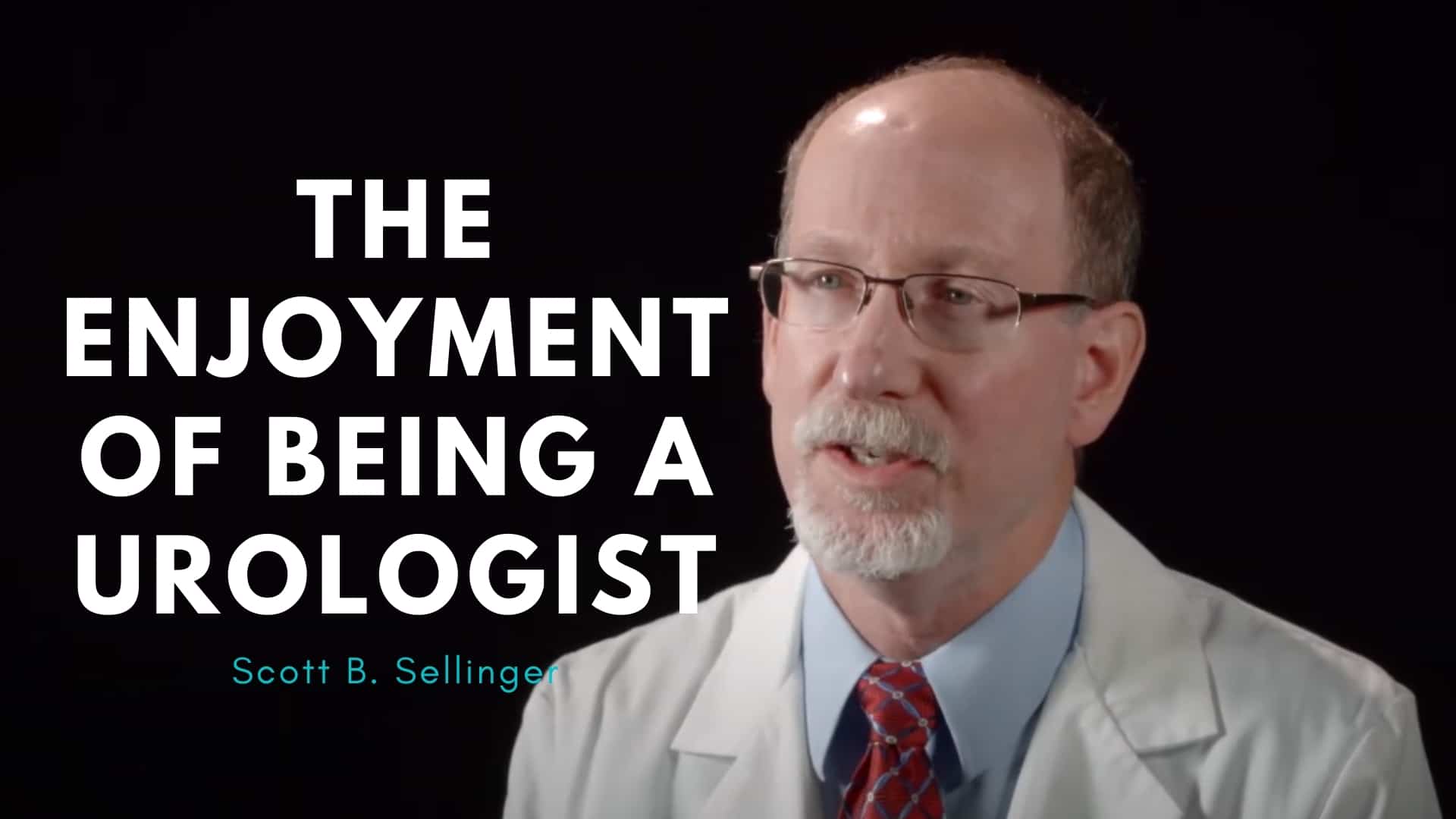My name is Amar J. Raval and I’m with Advanced Urology Institute. So one of the few things I specialize in my particular practice would be BPH or enlarged prostate. Whether it’s minimally invasive surgery like Urolift where you
Continue readingHow Does Dr. Yaser Bassel Approach Treating Low Testosterone?
My Name is Yaser Bassel, I’m a Board-Certified Urologist with Advanced Urology Institute. Low testosterone at this point has come to the forefront a lot of times because of the advertising done by manufacturers of Testosterone. But for men
Continue readingGenetic Testing for Cancer Risk
How Does Dr. Brian Hale Approach Bladder Cancer Treatment?
Technological Advancements in Urology
What are the Symptoms of Low Testosterone, According to Dr. Brian Hale?
What Advantages Do Laparoscopic & Robotic Surgery Offer with Dr. Amar Raval?
What’s New in Prostate Cancer Research with Dr. Jonathan Jay?
Kidney Stones Symptoms with Dr. Brian Hale
So patients who have kidney stones usually complain of flank pain, which is where the pain would be behind the lower ribs and sometimes it wraps around towards the front [and] down towards the groin area. Those are the most common symptoms, [sometimes] they’ll also have blood in the urine on our testing in the office.
Usually we’ll get an ultrasound or CT scan that diagnoses the stone, it’ll tell us the size and location. If the stones are smaller [about] less than 4 millimeters in size, ninety (90) percent of those times it will pass on their own. So on those patients, I give them a chance to try to pass the stone before we operate on them. When they’re bigger, they’ll be more than 6 millimeters in size, the less of a change of passing [the stone], less than ten (10) percent. For those patients, we look at the scheduling surgery for.
How effective is a vasectomy reversal?
My name is Yaser Bassel. I’m a board certified urologist with Advanced Urology Institute.
When we counsel patients before they get a vasectomy, we do tell them that this is considered a permanent form of sterilization. However vasectomies can be reversed. The vasectomy reversal process is typically one that is not covered by insurance so it can be expensive but it is possible and typically with seventy-five to eighty percent (75-80%) success rates. [While], I do not personally perform the vasectomy reversals themselves, I do have a partner that specializes in that area. So if that is something men are interested in, that is something that is offered by our practice.
Common Prostate Health Issues – Dr. Yaser Bassel
Advances in ED treatment
My name is Brian Hale, I’m a board certified urologist working with Advanced Urology Institute.
When I first started urology we had injection therapy and surgery, so we did a lot of surgery for erectile dysfunction. When Viagra came out in the late 90s that obviously changed everything, and now we have a lot of options besides Viagra, medically. So the treatment of erectile dysfunction transitioned from a surgical problem to a medical problem. We still do treat men with surgery if they fail the medical options but the numbers now are very low for patients who undergo surgery for erectile dysfunction.
Dr. Amar Raval’s Recommendations: Surgery or Radiation for Prostate Cancer?
What Is Screening for Prostate Cancer?
My name is Brian Hale, I’m a board certified urologist working with Advanced Urology Institute.
Certainly any man over the age of 50 should be screened for prostate cancer, it is the #2 cause of cancer death in men. There’s a lot of controversy about the PSA because of its lack of specificity: a lot of men who have elevated PSA do not have prostate cancer, but unfortunately we don’t have a better task. We have a rectal exam but that misses more cancer than the PSA, so to stop screening for prostate cancer was a mistake and they actually only reversed that recommendation on screening for prostate cancer based on what was happening. We were seeing a lot of men with Metastatic disease.
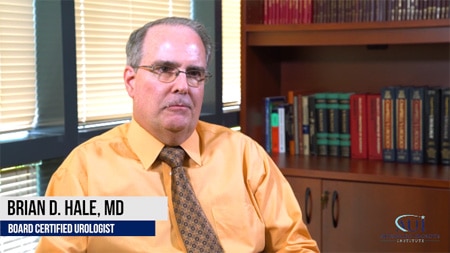 I started private practice in 1995, and from 1995 until the last five (5) years or so, I didn’t have any metastatic prostate cancer patients in my practice, and now I have a lot, and a lot of it was from a lack of screening. I have patients that were trying to do everything right: watching their weight, exercising and they stopped screening for prostate cancer because of the recommendations. They would have symptoms like blockage from their prostate or blood in their urine. We would check a PSA and we would find it to be extremely high and later find they have metastatic disease because of lack of screening. I have several patients I know on the top of my head that have had that problem, unfortunately. So I would definitely recommend that they continue screening for prostate cancer. [While] it is true, we need a better test than PSA, but just because we don’t have a better test doesn’t mean we should stop screening and I think the government is coming back around to that because the treatment of metastatic prostate cancer is a lot more expensive than the treatment of early prostate cancer.
I started private practice in 1995, and from 1995 until the last five (5) years or so, I didn’t have any metastatic prostate cancer patients in my practice, and now I have a lot, and a lot of it was from a lack of screening. I have patients that were trying to do everything right: watching their weight, exercising and they stopped screening for prostate cancer because of the recommendations. They would have symptoms like blockage from their prostate or blood in their urine. We would check a PSA and we would find it to be extremely high and later find they have metastatic disease because of lack of screening. I have several patients I know on the top of my head that have had that problem, unfortunately. So I would definitely recommend that they continue screening for prostate cancer. [While] it is true, we need a better test than PSA, but just because we don’t have a better test doesn’t mean we should stop screening and I think the government is coming back around to that because the treatment of metastatic prostate cancer is a lot more expensive than the treatment of early prostate cancer.
The Enjoyment of Being a Urologist
Urology is a wonderful specialty, being at the same time a surgical and medical practice. It offers an interesting mix of work in both the office and the operating room.
“For many of us, we enjoy spending time in the operating room—after all, we are surgeons by trade,” says Dr. Scott B. Sellinger, FACS, a board-certified urologist at Advanced Urology Institute. “But for many of us, we also enjoy interactions with our patients in the office. I love to see my folks, especially the ones I’ve been seeing for the past 25 years. They come back every year and we can chat about all kinds of things.”
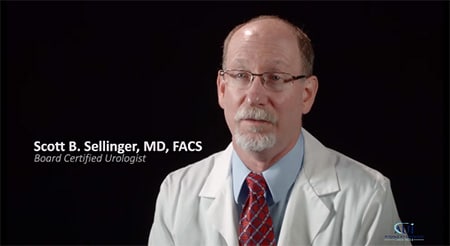
Interesting surgical techniques
While most urology patients are followed long-term with medical interventions, at least half of them are surgical patients. The subspecialty of urology offers great opportunities to practice the surgical side of the profession, which includes the hands-on application of the latest technology, such as robots and lasers. “I enjoy the surgical side of our profession, and urology offers innovative techniques and technology that makes surgical procedures even more interesting,” says Dr. Sellinger.
Long-term relationships
The opportunity to build lasting doctor-patient relationships makes urology gratifying.
“As a urologist, you get to care for the entire spectrum of age groups of patients, such as children with congenital problems and patients in their declining years, when a lot of urologic problems tend to set in.” says Dr. Sellinger. “I like the fact that I see different patients every day, delve into their emotional problems, and with empathy, provide the support and solutions they need. I also enjoy speaking with the patients I see every year for several years since every time they come in they have something great to share,” he adds.
Tackling embarrassing problems
Urology brings relief to patients with personal and sometimes embarrassing medical problems. Through surgery, medications or both, urologists resolve these issues and improve the quality of life of their patients, which is quite appealing.
“As a urologist, not only do I treat life-threatening conditions like cancer, I also improve the quality of life of patients by freeing them from sexual dysfunction or incontinence,” says Dr. Sellinger.
Great outcomes
Unlike some other specialties, the treatments offered by urologists often provide quick relief and good outcomes. In fact, most patients treated by urologists do well and get better.
“Nowadays, urology is quite advanced, and we have at our disposal medicines, surgery, and the combination of both treatments that render our patients improved soon after they interact with us,” says Dr. Sellinger. “So we feel satisfied and secure in the knowledge that we can solve most, if not all, of the urologic problems,” he adds.
Because of consistently great results, urologists are held in high regard by their patients, who are usually grateful for the care. In turn, this gives a kind of satisfaction to urologists.
“I am happy that I chose urology. I’m always filled with joy every time patients come back to thank me for what I’ve achieved for them,” says Dr. Sellinger. “If I were to start all over again, I would still choose to become a urologist.”
Personalized, compassionate care
Want to have your urological problem treated by an effective urologist? AUI is a medical group with a long history of providing comprehensive, high-quality care. The urologists at AUI find it a joy to work in an environment that brings out the best of their knowledge and experience for the benefit of their patients.
Whether you have kidney, urinary tract, prostate, pelvic or other urological needs, at AUI you will find a urologist who can deliver the right treatment for you. For more information on the diagnosis and treatment of urological conditions, visit the Advanced Urology Institute website.




